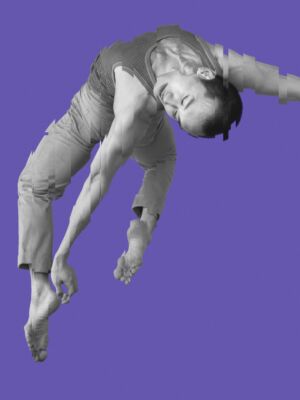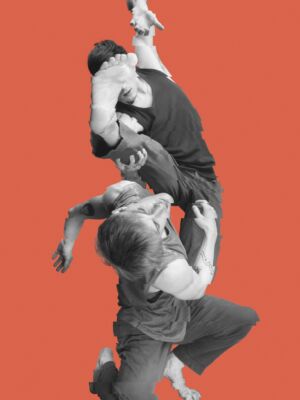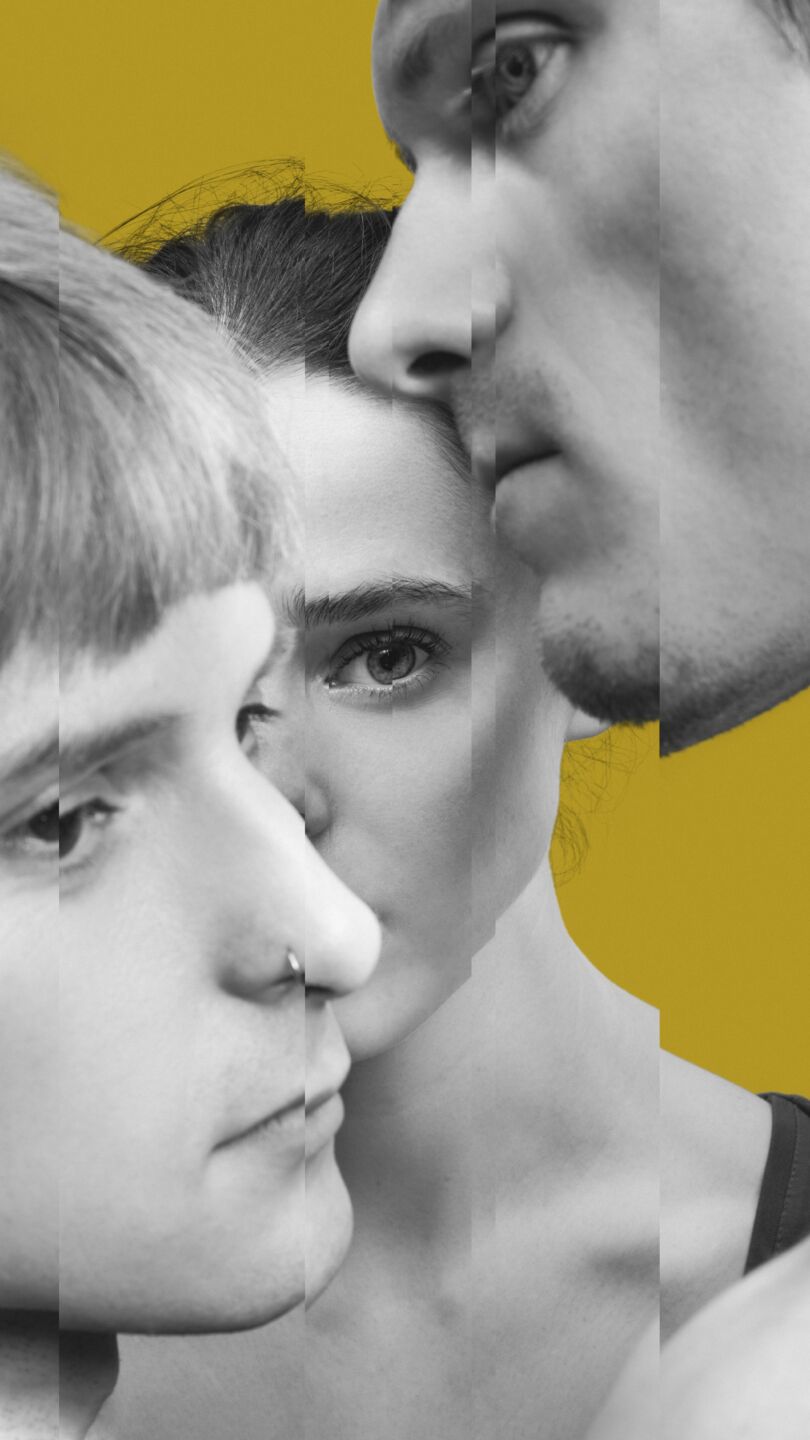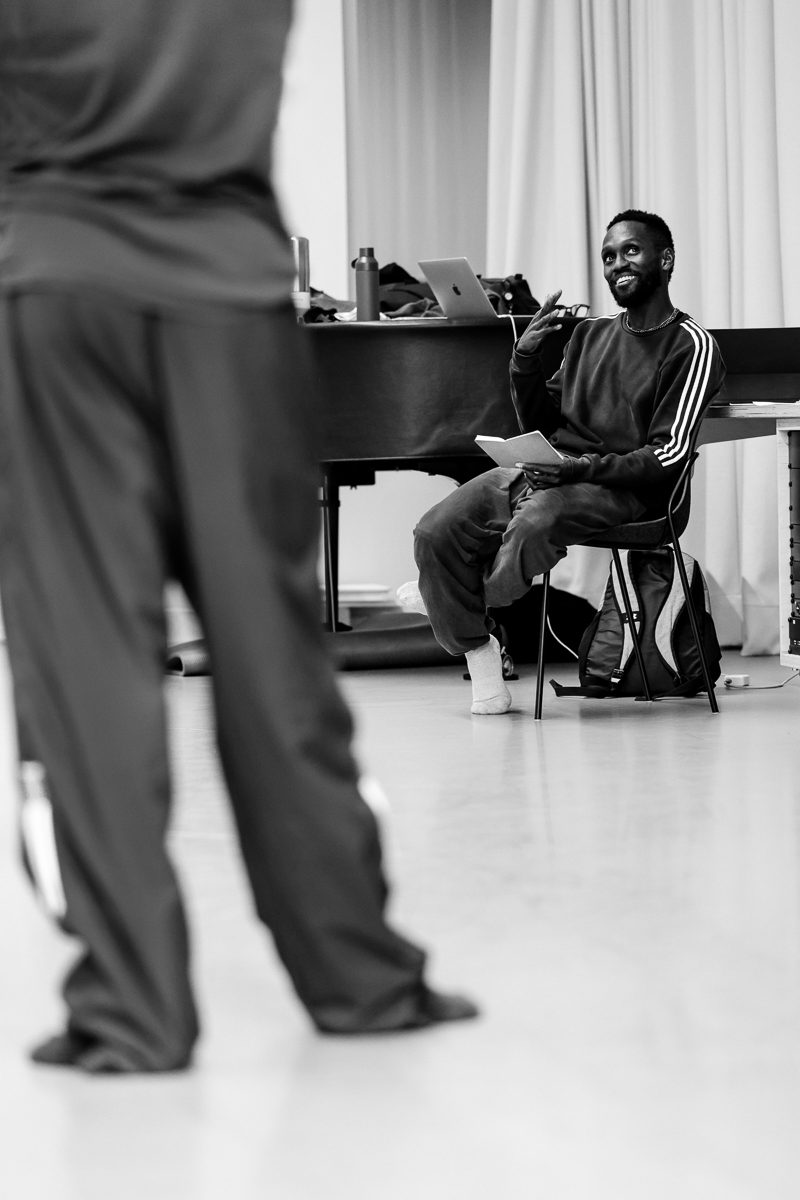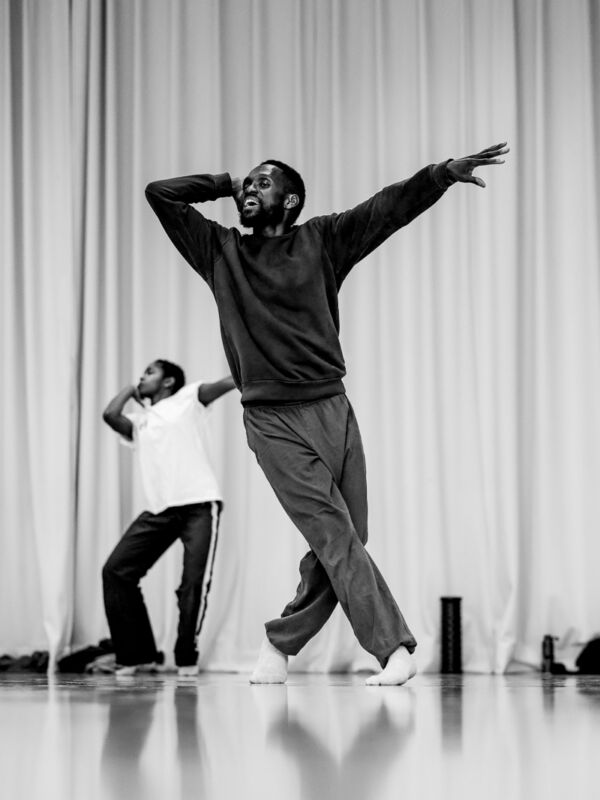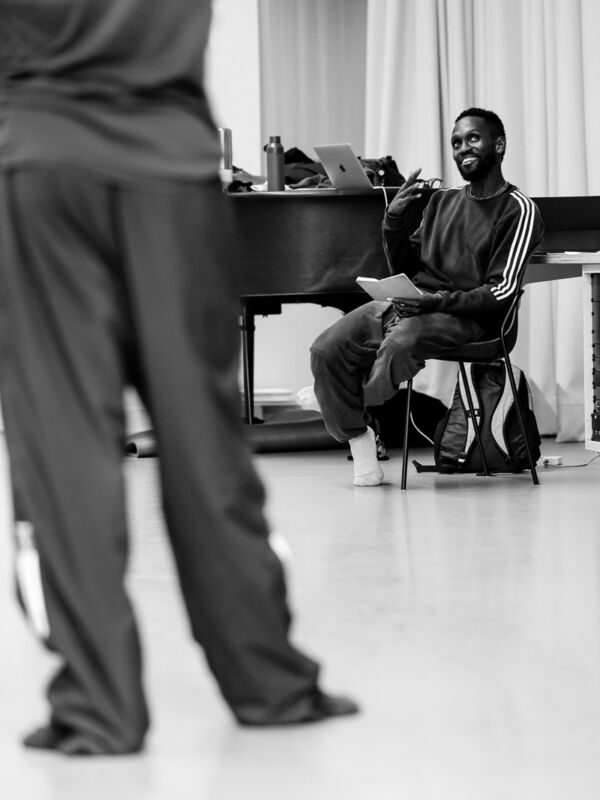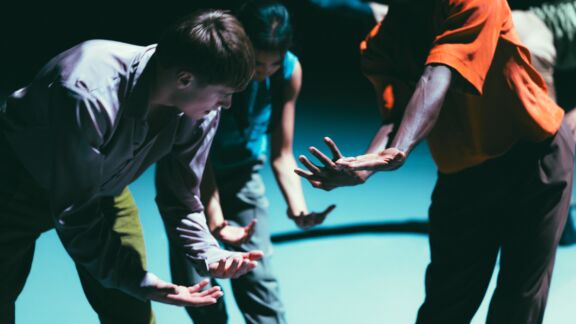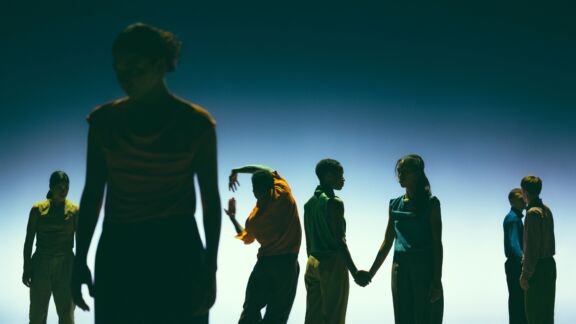I love dance so much and am happy to know that people take something inspirational with them from experiencing my work. I think I have to start from my education to properly answer your question. Baltimore School For The Arts laid a solid foundation of technique meets passion meets artistry, respect, diligence, work ethic, etiquette and importantly, the idea that you won’t get anywhere if you don’t put in the work. My teacher and mentor Stephanie Powell told me straight up to my face prior to my audition for The Juilliard School that I was talented but that my talent would not be enough to go further. She said something like, “There are other talented people out there, more talented than you. And you will see them at the audition. What are you gonna do about it?” Of course that shocked me, but it’s exactly what I needed to hear and I will never forget her words or that moment. Essentially, no one owes you anything and if you think your talent entitles you to access, think again. I took that lesson with me to Juilliard and my teachers and mentors there all pushed me and helped me continue to build on that foundation of groundedness, accountability, persistent and intentional training fed by my passion. With every choreographer I have worked with, even the ones I didn’t necessarily like, I have tried to be a vessel for their vision. And in doing so, I developed a sense of individuality by showing up to the job of what being a dancer is, which most of the time is about being of service. I tried my best to adapt my skills to fit the needs of the choreographer. And they often rewarded my approach with trust, which then encouraged me to bring more of myself to their work. IT. AIN’T. IN. NO. WAY. SHAPE. OR. FORM. EASY. But because of my foundation, I understood that all the essential stuff is on the other side of these moments of discomfort.
